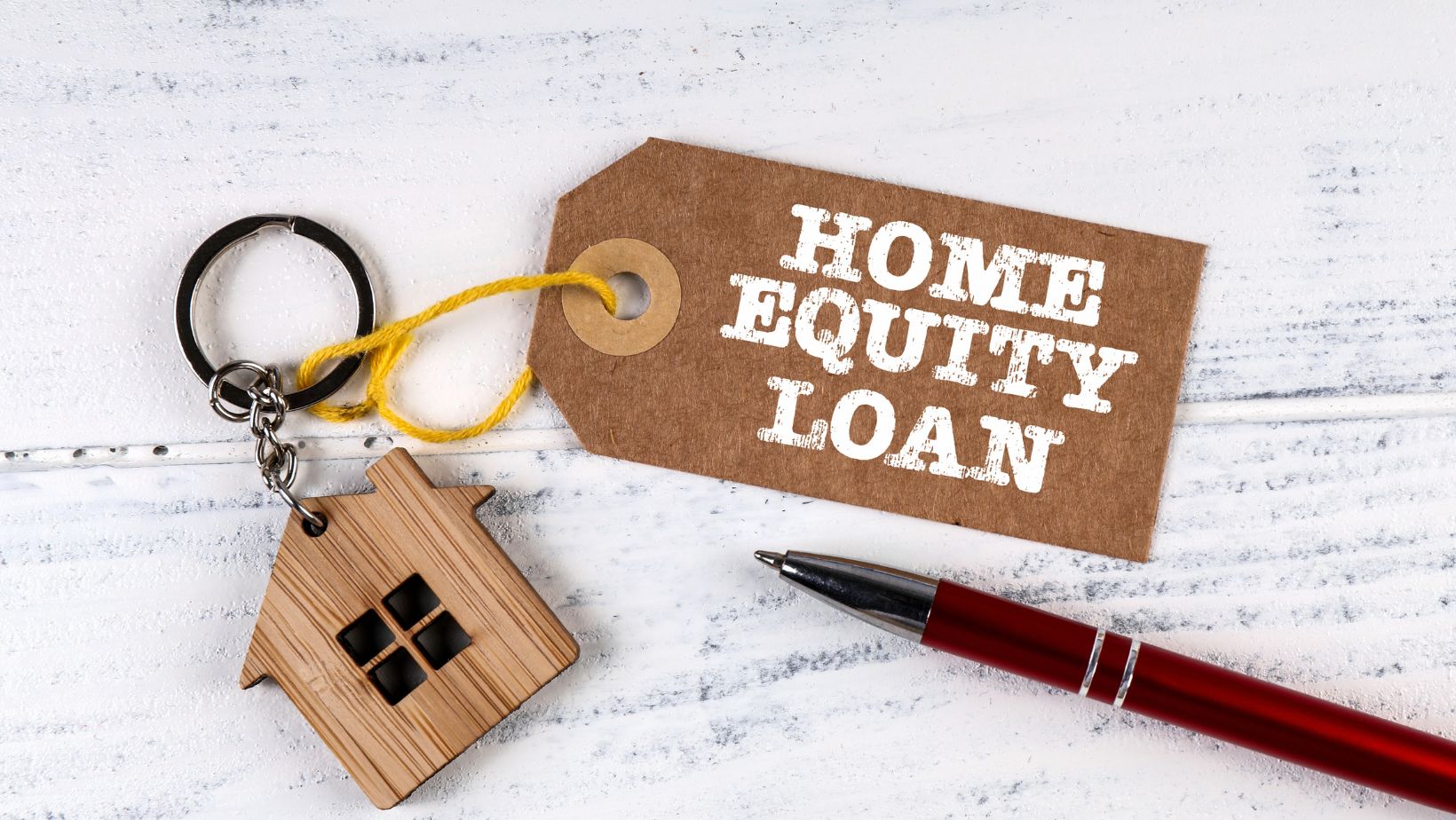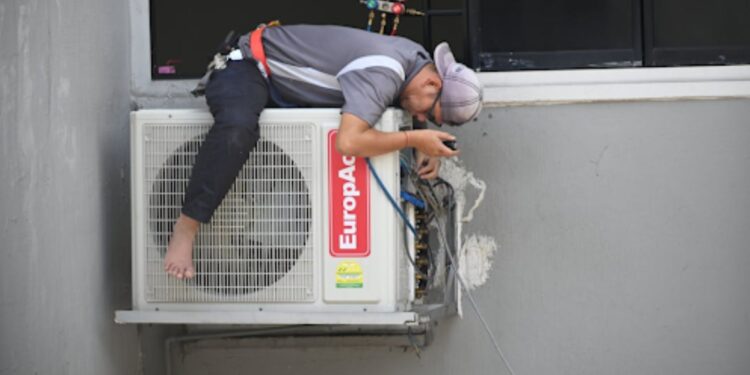Mechanical upgrades hit fast. A furnace dies, a heat pump groans, and a water heater leaks, and you still need comfort, hot water, and safe wiring. The bill can rival a used car, but the right financing, whether cash, contractor plans, or a HELOC loan, turns a crisis into a planned expense. The following are practical options to consider before signing a contract.
Price The Project First, Then Compare Funding
Never choose financing without knowing what you are paying for. Obtain a written quote, request that labor be separated, and confirm if any additional electrical work is required. Use a realistic figure, for example, the current AC unit replacement cost, to benchmark whether the number your contractor gives you is fair. Once you know the total cost, you can decide whether to pay cash, split the bill, or borrow. This order protects you from taking on a loan that is bigger than the project.
Use Contractor Financing When Speed Matters
Some HVAC and mechanical contractors offer in-house or partner financing. Approval is quick, sometimes within minutes, which is particularly useful when a system fails during the summer or winter months. Some plans even start with low or deferred payments, so the upgrade does not hit your budget all at once.
Be sure to read the terms carefully, as many promotional offers delay interest only for a short period. If you do not clear the balance before that date, the rate can increase, making the project more expensive than a personal loan or HELOC. Contractor financing is best when you need the upgrade now and you know exactly how you will repay it.
HELOC Or Home Equity Loan
Equity products are suited for larger projects and longer timelines. A HELOC works like a credit line; you draw as needed and pay interest only on what you use. A home equity loan gives a fixed lump sum with a fixed rate. Both often offer lower interest rates and longer terms.

Be sure to weigh the costs of closing, appraisal fees, and variable-rate risk associated with HELOCs. Match the payoff term to the system’s expected life. Do not stretch payments beyond that life. You should also ask a tax professional about interest deductibility for qualified improvements.
Consider A Personal Or Home Improvement Loan
Personal loans are ideal when you don’t want to tap into home equity or plan to move soon. Approval is based on credit and income, rather than the house itself. Funding is fast, and terms are typically two to seven years, ensuring predictable payments.
Interest rates can be higher than HELOCs, though, especially if credit is average. Get at least two offers, one from your bank and one from an online lender. Ensure that you compare the total repayment, not just the monthly amount.
Pair Incentives And Cash To Reduce What You Borrow
Before selecting a lender, check for utility rebates, manufacturer promotions, or state energy programs to maximize your savings. These can be applied to the invoice immediately. If your installer is willing to apply the rebate at the time of sale, the amount you need to finance drops. Even saving a few hundred dollars can shorten your payoff period. You can also use cash for the down payment, then finance the rest to keep monthly costs low. The smaller the principal, the easier it is to choose shorter terms.
Endnote
Mechanical upgrades are investments. The right financing lets you replace equipment on time and avoid emergency pricing. Price the work, compare at least two funding sources, and select the option with the most favorable interest rate. You should treat it like a planned improvement so it fits inside the home budget for the long term.













